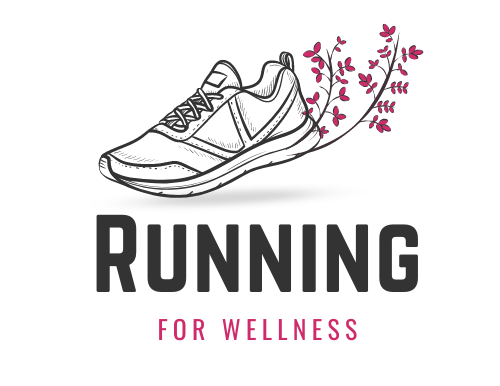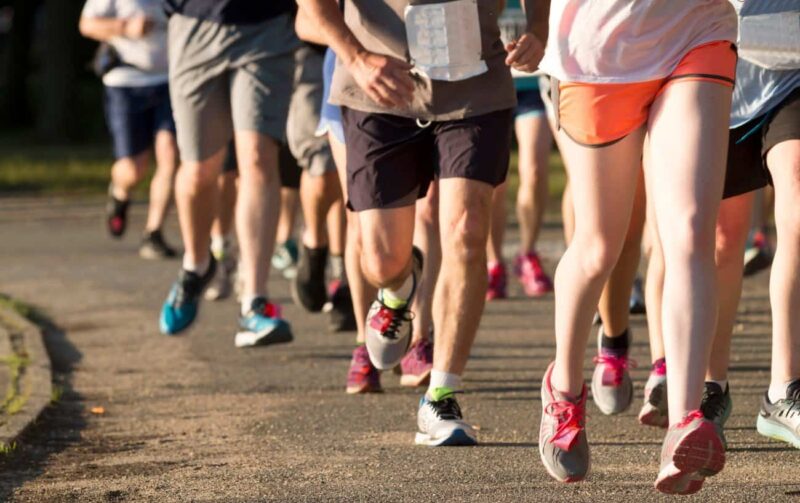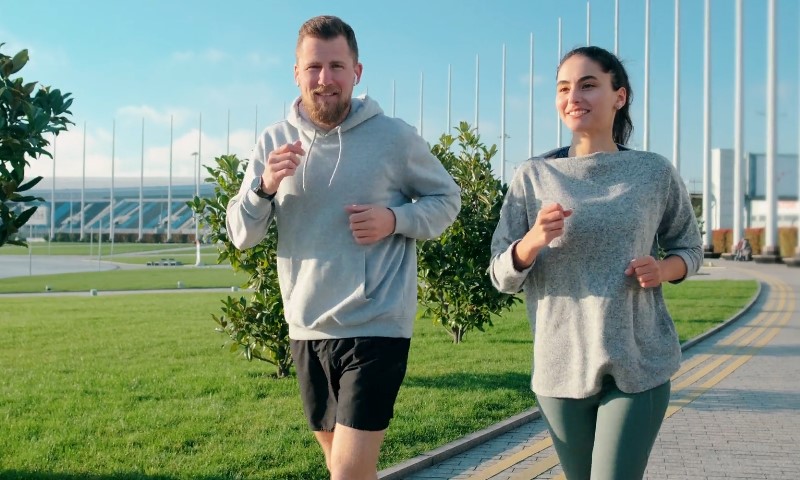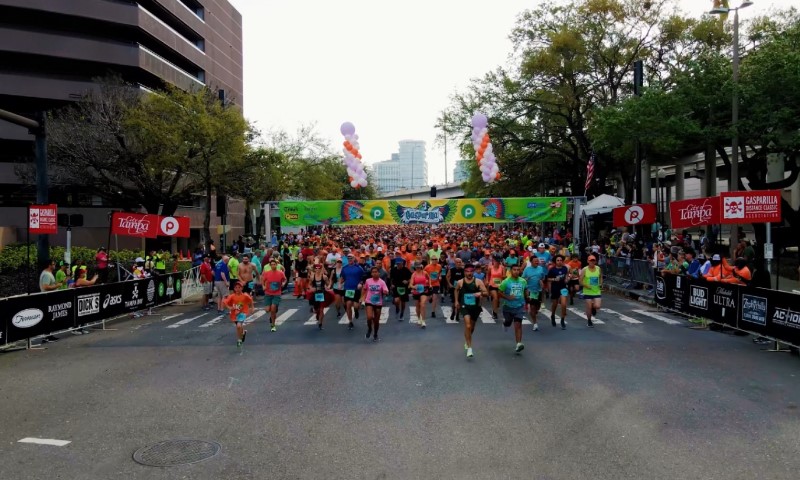The 5K is one of the most popular race distances in the running world—short enough to be approachable but challenging enough to test speed and endurance.
Whether you’re a beginner aiming to finish strong or an experienced runner chasing a personal best, one question always comes up: What’s considered a good 5K time?
The answer? It depends.
Factors like age, sex, and fitness level all play a role in determining a “good” time.
On average, a respectable 5K time hovers around 23:58 across all runners.
Table of Contents
ToggleDefining a “Good” 5K Time
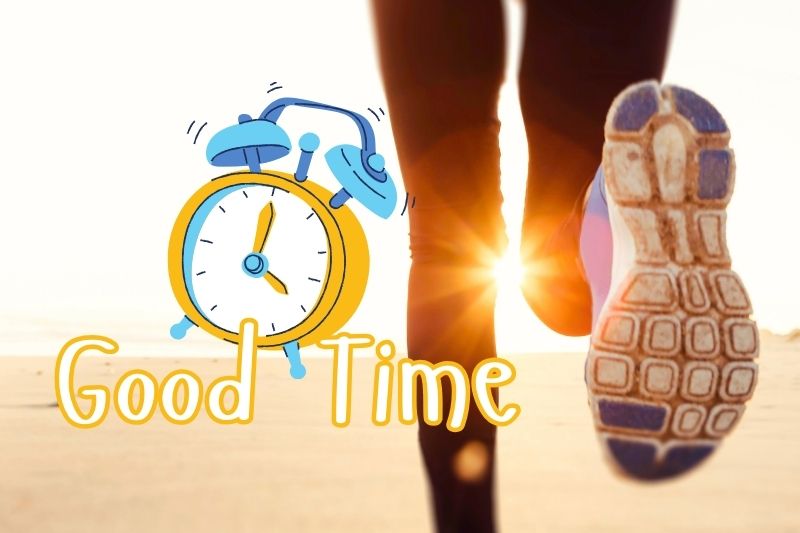
A “good” 5K time can be defined using general averages.
Across all ages and genders, an average 5K time is around 23:58:
These averages provide a useful benchmark for runners to gauge their performance. However, it’s important to remember that these figures are generalizations and may not apply to every individual. Personal factors, training history, and goals should also be considered when defining what a good 5K time means for each runner. A “good” 5K time is relative to individual goals and circumstances. For some, achieving a personal best or reaching a specific training target may define a good time. Others might consider consistent improvement or meeting age and gender benchmarks as indicators of success. Contextual factors such as previous running experience, training intensity, and personal health goals play a crucial role. Comparing times with personal bests and setting incremental goals helps runners stay motivated and recognize their progress, regardless of broader averages. Now let us address the factors that have a role in influencing 5K times. Age plays a significant role in determining 5K performance. As runners age, their performance generally declines due to factors like reduced muscle mass, slower recovery times, and decreased cardiovascular efficiency. For example, younger runners, particularly those in their twenties and thirties, often achieve faster times compared to older age groups. Average times by age group highlight this trend, with younger categories posting quicker averages and older groups gradually slowing down. Sex is another crucial factor affecting 5K times. On average, men tend to run faster than women due to physiological differences such as higher muscle mass, greater lung capacity, and larger heart size, which contribute to better overall endurance and speed. For instance, the average 5K time for men is generally faster than for women across various age groups. These differences are rooted in biological and hormonal variations that impact performance. Fitness level categorizes runners into beginner, novice, intermediate, advanced, and elite, significantly influencing 5K times. An verage times for men and women reveal noticeable differences, with men generally posting faster times. Trends over time also show how average 5K times have evolved, influenced by factors such as increased participation, improved training methods, and greater awareness of health and fitness. This data helps identify patterns and benchmarks for various groups, offering a comprehensive view of 5K performance across different populations. Breaking down the average 5K times by age and ability provides a more nuanced understanding of performance metrics. Specific times for different age groups and fitness levels highlight the variations within each category. For example, younger runners and those with higher fitness levels typically achieve faster times. Comparing data from various studies and sources ensures a well-rounded perspective, accounting for regional differences and other variables. Elite 5K times set the highest benchmarks for performance. The current men’s world record, held by Joshua Cheptegei, stands at an astounding 12:35.36. For women, Gudaf Tsegay holds the record with a time of 14:00.21. While these records are unattainable for most, they inspire runners to strive for their best and push the boundaries of their capabilities. Competitive runners, though not at the world-record level, also achieve impressive 5K times. Elite runners often finish a 5K in under 16 minutes, while sub-elite athletes might aim for times between 16 and 20 minutes. These runners benefit from professional training, coaching, and tailored nutrition plans, enabling them to reach peak performance. A well-rounded plan balances endurance, speed, and strength workouts. The key? Consistency. Aim for multiple sessions each week, gradually increasing intensity while allowing adequate recovery time.
Factors Influencing 5K Times
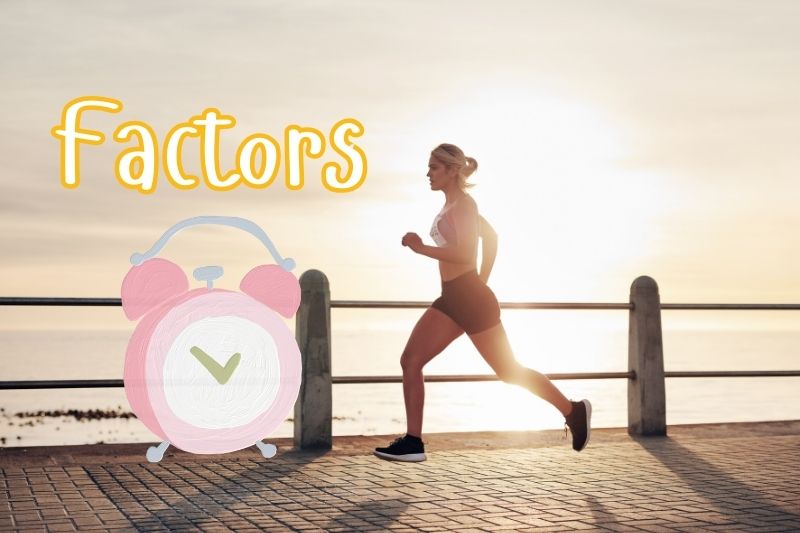
Age
Sex
Fitness Level
Average 5K Times by Demographic
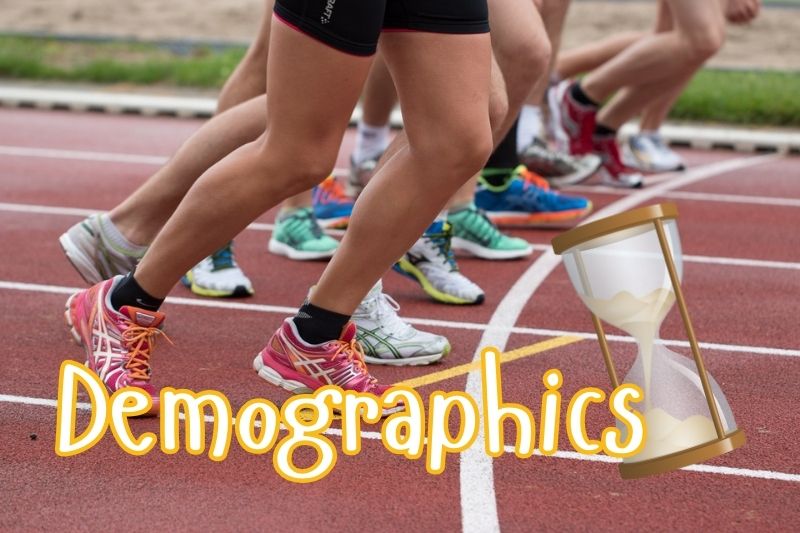
Elite and Competitive 5K Times
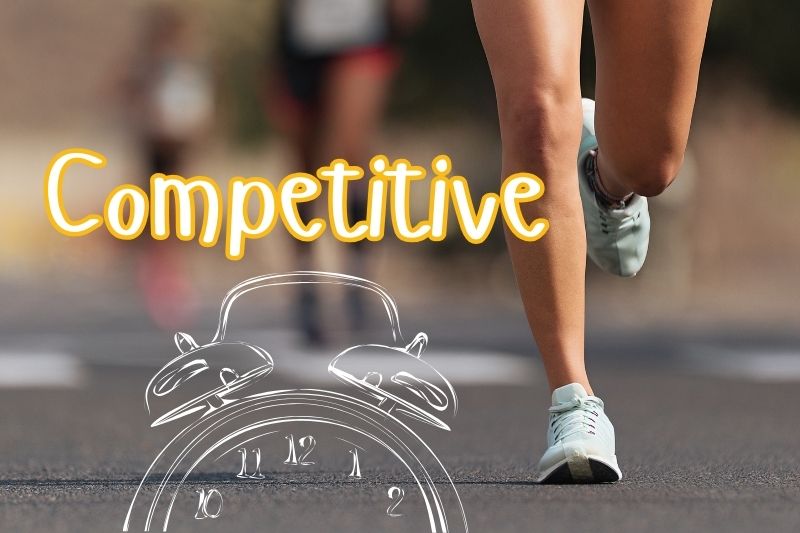
Training & Race Preparation
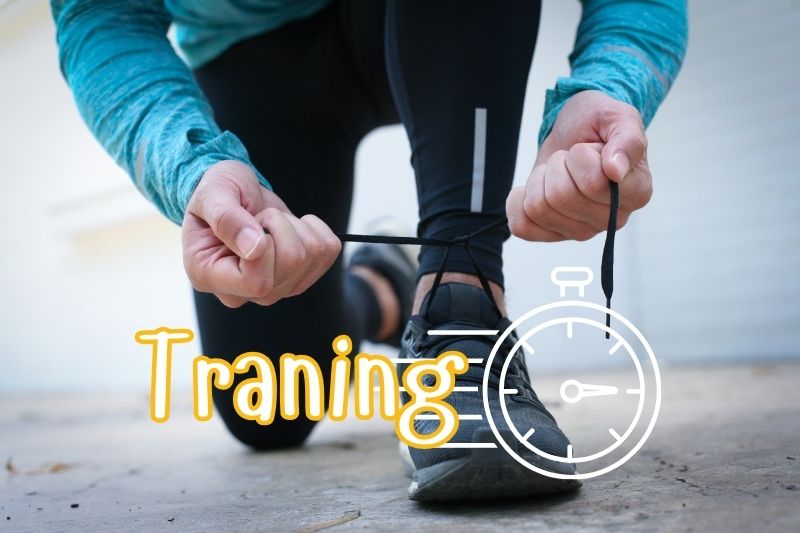
Structured Training Plan
Essential Workouts for a Strong 5K
1. Long, Slow Runs (LSD)
- Build endurance with relaxed, steady runs.
- Improve cardiovascular fitness without excessive fatigue.
- Lay the foundation for sustained race effort.
2. Speed & Interval Training
- Track Work: Use a 400m track for structured intervals to enhance speed and efficiency.
- Fartlek Training: Alternate between fast and slow running to simulate race demands.
- Sprint Interval Training (SIT): High-intensity sprints with recovery jogs to improve cardiovascular health. Example workout:
- Warm-up: Easy jog & dynamic stretches.
- Sprints: 30-second sprints, followed by equal recovery jogs (repeat 6–8 times).
- Cooldown: Easy jog & stretching.
3. Mile Test for Progress Tracking
- Run a timed mile periodically to gauge fitness levels.
- Use results to fine-tune pacing and set realistic race goals.
4. Race Pace Integration
- During long runs, introduce segments at goal race pace.
- Condition your body to sustain desired speed on race day.
Race Preparation
1. Dynamic Warm-up for Peak Performance
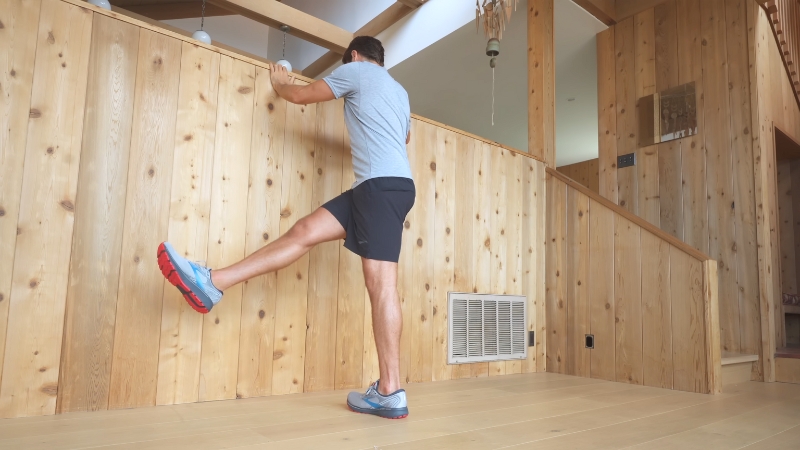
Before each run, loosen up with dynamic stretching. Key exercises include:
- Leg Swings – Activates hip flexors.
- High Knees – Boosts heart rate and warms up muscles.
- Butt Kicks – Engages hamstrings and improves stride efficiency.
2. Dialing in Your Race Pace
- Use training data (mile tests, interval sessions) to estimate an achievable race pace.
- Practice this pace in training to lock in rhythm and consistency.
3. Negative Split Strategy
- Start slightly slower than the goal pace.
- Gradually accelerate in the second half for a strong finish.
- Avoid early burnout and maximize efficiency.
4. The Right Gear for Comfort & Performance
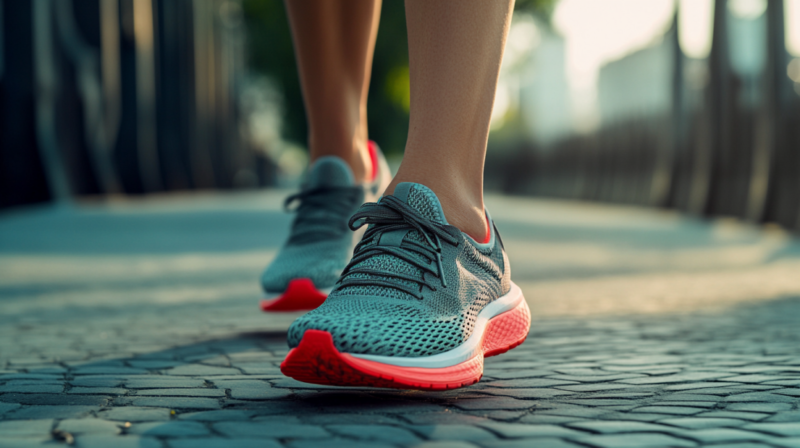
- Invest in quality running shoes suited to your foot type.
- Wear moisture-wicking, breathable clothing to stay comfortable.
5. Fueling & Hydration
- Maintain a balanced diet rich in complex carbs, lean protein, and healthy fats.
- Stay hydrated daily and fine-tune pre-race nutrition for optimal energy.
6. Recovery & Rest
@jeremymillerfitRunning Recovery Routine♬ original sound – Jeremy Miller
- Prioritize sleep to enhance muscle repair and performance.
- Schedule rest days to prevent overtraining and injuries.
- Incorporate yoga or stretching to aid recovery and flexibility.
The Bottom Line
A “good” 5K time is relative, depending on individual goals, age, sex, and fitness level. Runners should focus on personal improvement and setting realistic targets.
The key is consistent training and celebrating progress.
Related Posts:
- Top 400 Hilarious Gym Quotes to Keep You Motivated
- 25 Simple Running Motivation Tips To Get You Moving
- How Long Does It Take to Train for a Half Marathon?
- How Far Is a Half Marathon? Everything You Need to Know
- How Can You Start a Career as a Running Coach?
- Half Marathon Training Plan for Beginners - Simple…
